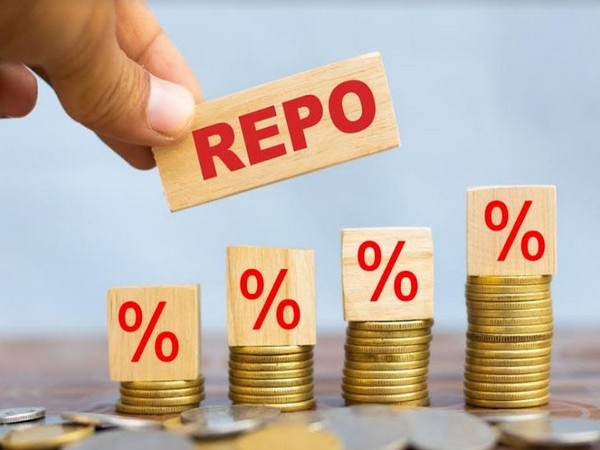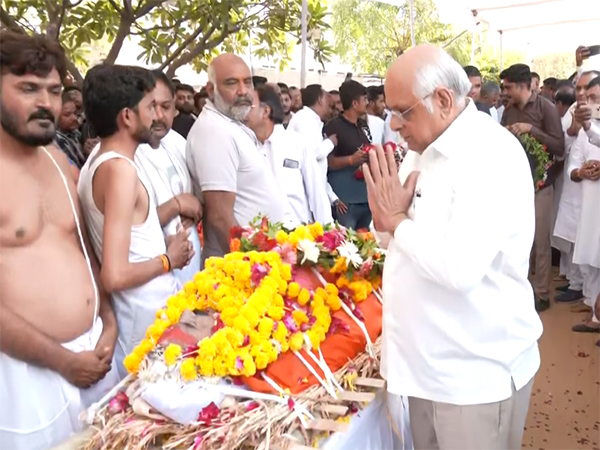Contact-sensitive sector, coupled with momentum in manufacturing, others will contribute to 11 pc growth: CEA Subramanian
Jan 30, 2021

New Delhi [India], January 30 : As COVID-19 vaccinations are being done at a "good pace", the contact-sensitive sector along with momentum in manufacturing and other service sectors will contribute to the GDP growth, said Chief Economic Advisor Krishnamurthy Subramanian while giving the rationale behind the Economic Survey's projection of 11 per cent growth in next financial year.
The Indian economy can contract by 7.7 per cent in the current financial year ending on March 31 and the growth could be 11 per cent in the next financial year, according to the Economic Survey tabled in Parliament by Finance Minister Nirmala Sitharaman on Friday.
"The V-shaped recovery in many sectors in the last five-six months has indicated that the momentum will continue. Manufacturing and other service sectors have shown growth except for the contact-sensitive sector. Their momentum will continue and I think these sectors will continue to grow. Even the contact-sensitive sector (Tourism, travel, massage services) may also see growth after vaccination as fear of COVID-19 will reduce. The vaccination is being done at a good pace and these things will contribute to an estimated 11 percent GDP growth," Subramanian told ANI.
"Economic Survey gives the message that we need to focus on growth to reduce income inequality and help people with the more beneficial schemes," he added.
Subramanian, the main architect behind the Economic Survey 2020-21, said that the Healthcare sector came into focus amid COVID-19 as people were worried about their health. "States need to give more focus on health so that people need to spend less money from their pockets on health. Jan Aushadhi scheme, implemented two years ago is helping people, we have written a chapter on this in the economic survey," he added.
"In the Economic Survey, it has been recommended to increase in public spending on healthcare services from 1 per cent to 2.5 to 3 per cent of GDP as envisaged in the National Health Policy 2017. It can significantly reduce the Out-of-Pocket-Expenditure (OOPE) from 65 per cent to 35 per cent of the overall healthcare spend," he further said.
Commenting upon the Union Budget 2021 which will be presented in the Parliament on February 1, Subramanian said, "Budget has a dignity. I will not violate it. The Economic Survey gives suggestions. The suggestions are widely discussed and I hope that the government will implement the suggestions."
On being asked about the reasoning behind calling the new farm laws a "remedy" rather than a "malady", Subramanian said, "Small farmers will surely get the benefits of these farm laws. I am saying this as per an economic point of view. Through these laws, small farmers will have more options other than APMCs.
The Economic Survey has noted that "Existing laws kept the Indian farmer enslaved to the local mandis and their rent-seeking intermediaries, while every other category of producers in India has the freedom to decide."




















